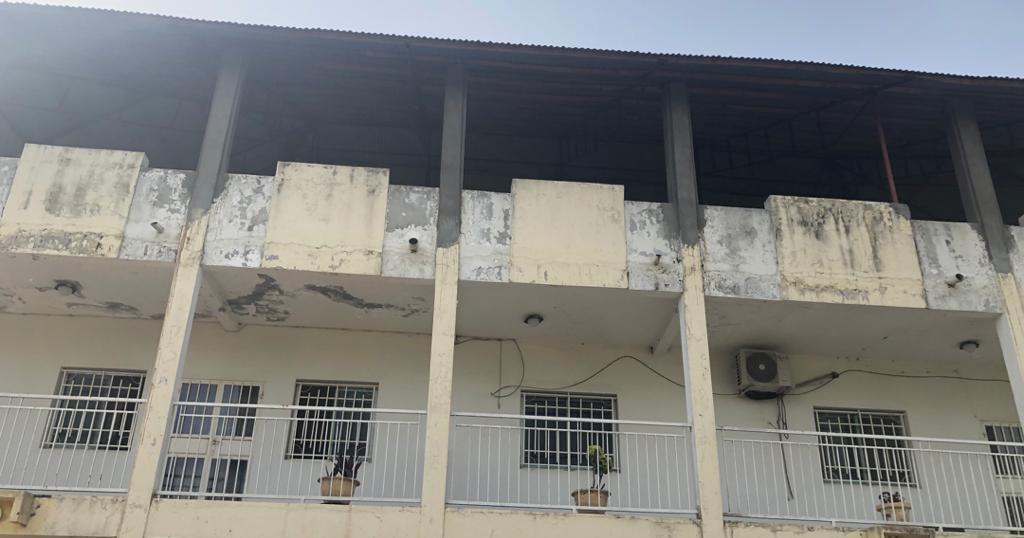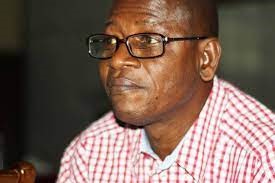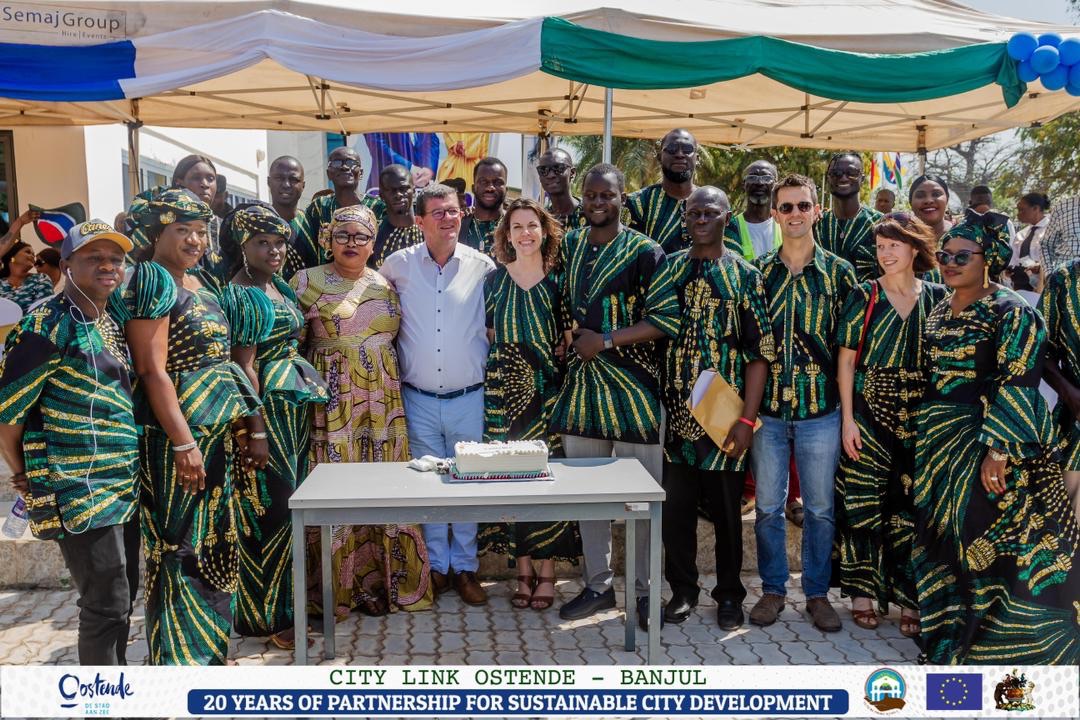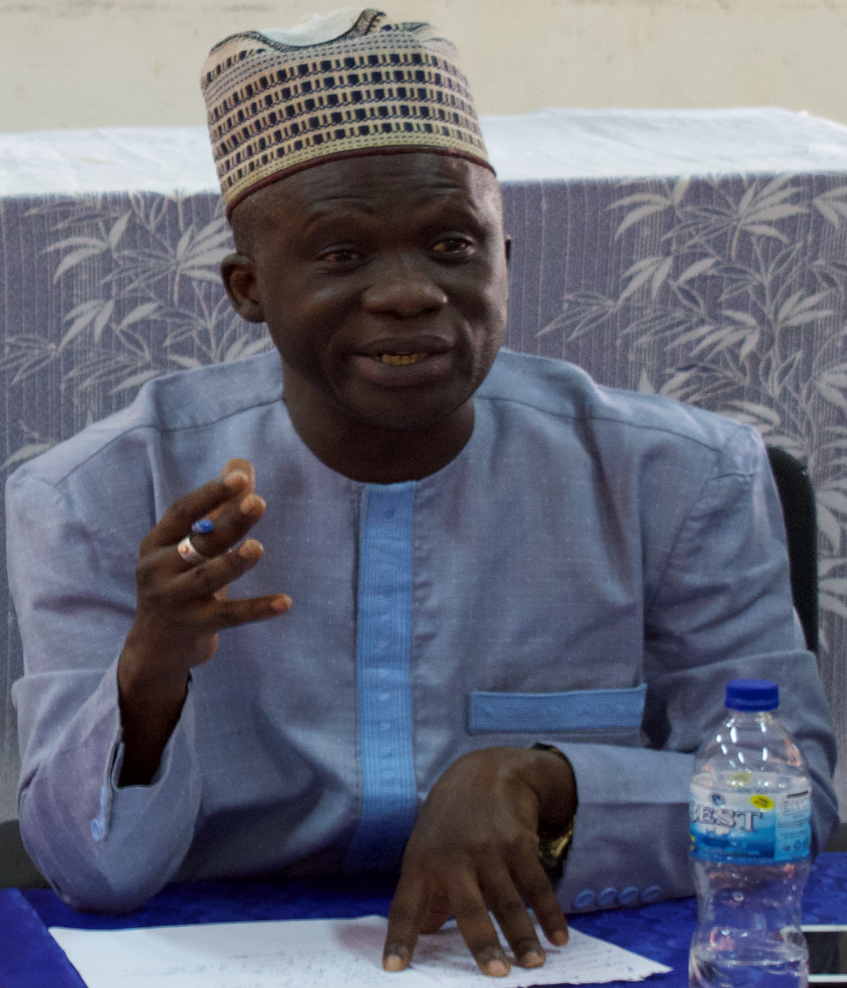By Nyima Sillah
The COVID-19 pandemic has severely affected the Home for Children with Learning Difficulties commonly called Hart House.
The Hart House is a charitable organization located at Sinchu Alhagi village in Kombo North. It was established in 2002 with the aims to providing residential short term respite care for children with learning difficulties; to assess the development level of children and encourage them to reach their full potential by offering a varied and stimulating programme of activities.
The Home exchange information of the children with other organizations and institutions engage in activities of similar nature as well as stimulate awareness of children with learning difficulties.
The institution also helps to develop the children both mentally and physically with the quest to improve their live.
However, when the COVID-19 pandemic emerged in The Gambia March 17, 2020 government declared State of Public Health Emergency as activities such public gatherings suspended; imposed temporal closure of all educational institutions and houses of worship, among other public places.
The declared State of Public Health Emergency also scaled down the operational hours of the market and reduced normal capacity of commercial vehicles. However, the Hart House was not an exception to that unpleasant situation.
Commenting on this issue, Geoff Hunwicks, executive director for Hart House said: “When the pandemic came the institution was closed, and all the children were sent home.”
Mr Hunwicks disclosed that the pandemic made the organization to return the disable children to their various parents, which he said affected some of these children because some mothers are not good in caring for their children.
“Some children are severely handicap and they need attention, care and stimulation,” he added.
Sometimes, he divulged, mothers cannot give the children caring time but was quick to add that the organization is giving mothers a special break from the caring of their children, as the organization is supervising them in a clean, friendly and healthy environment.
Speaking further on COVID-19 impact on Hart House, the organization has spent much money on buying COVID-19 preventive equipment such as buckets, hand sanitizers and soap bars.
According to him, this happened because the institution only received few items from the Department of Children Affairs at the Gender and Children Ministry without any financial support from government.
The number of children in the organization has been reduced due to the COVID-19 pandemic, “When we resumed last October 2020, we allowed ten children’s only for day care and in December we have 10 children residential,”
Also, the pandemic affected the admission of children into the institution but they are now anticipating having more enrollments in 2022 to 2023.
Honorable Ndey Yassin Secka, differently-able nominated National Assembly Member, noted that “There is law for people with disability but the only thing is that The Gambia only makes up laws but does not implement them.”
Honorable Secka has once informed the Minister of Finance and Economy Affairs that there is need for a budget for the Act that protects people with disability.
“Lawmakers should continue the advocacy because that is the only thing that we can do. And then we should make sure our select committees should have continue oversight functions to make sure these laws are implemented,” she added.
The lawmaker accused the government of ignoring key issues about differently-able people, saying the State is always unwilling to implement differently able people related laws.
“We should continue the advocacy and the sensitization; there should be money, there should be funding and those people with disabilities are the ones who know what to do to make things work,” she argued.
Adding to her view was Lawyer Binta Jaiteh, human rights lawyer, she said “Person with disability just like any other person has fundamental rights and freedoms that should be protected. Many persons with disabilities have specific underlying conditions that makes (COVID-19) more dangerous for them.”
She said the State has a responsibility to achieve the highest attainable standard of health care for persons with disabilities.
“Persons with disabilities have the right to access information on how to prevent themselves from COVID-19, the State has a duty of ensuring accessibility to health care facilities for people with disabilities to know their status,” lawyer Jaiteh added.
More so, there is need for an immediate response to the needs of children with disabilities, she said adding that “the State should put in place special and effective mechanisms to address the specific needs of children with disabilities to cater for their health, dignity and independence within the communities during this COVID-19 pandemic.”
In addition to this, she said the State should improve on health care coverage and affordability for children with disabilities, identify and remove barriers to treatment for people with disabilities, ensure priority testing of people with disabilities with COVID-19 symptoms.
This story was produced with support from Journalists for Human Rights (JHR), through its Mobilizing Media in the Fight Against Covid-19 in partnership with Mai-Media and The Voice newspaper.




